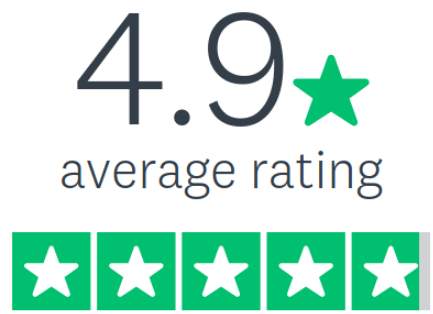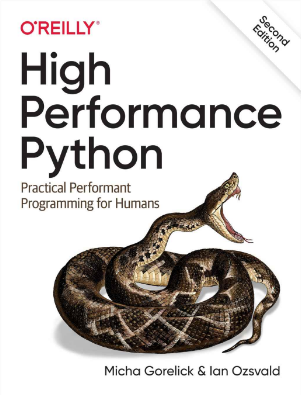This is a 3 morning virtual course (Zoom & Slack) held for a small group of circa 10 people. We'll focus on developing a standard process from R&D through to production backed by code reviews, documentation, refactoring, unit tests and a Notebook based git process.
It is aimed at existing Python programmers who have 2+ years of prior programming experience and who need their Python development process to be more efficient and trusted.
It is aimed at existing Python programmers who have 2+ years of prior programming experience and who need their Python development process to be more efficient and trusted.


